What are Bladder Calculi?
Causes of Bladder Calculi
Bladder calculi or bladder stones are a form of unwanted pebbles produced in the person’s urinary bladder. They are usually not very large, but they might lead to issues such as pain and blood in your urine. But what makes these stones look, you may be wondering? So, here are the profiles of the primary causes of bladder calculi formation.
Dietary Culprits: The documentary illustrates that the choices of foods and beverages have a significant impact on the body.
Low fluid intake: Failure to take water results in the production of concentrated urine. Thus this concludes the following effects of dehydration. It is in this concentrated environment that minerals are basically given a playpen work and can freely crystallize as well as clump together to form bladder calculi.
High-oxalate diet: Care what you eat! These include spinach, nuts, and some tea types that contain high levels of oxalate a compound that leads to the formation of bladder calculi.
Metabolic Mischief: In countries where traditional remedies are valued, a great bet might be to combine the remedies with the traditional treatment: It may sound strange but this works when your body chemistry has a part to play.
Metabolic conditions: It is remarkable that some diseases, such as gout, can lead to higher concentrations of this substance in the urine. This spelled excess may function as the small structures, which stimulate the development of bladder calculi.
Blockages and Abnormalities: Plumbing work may not be ideal, and here are some signs to remind you that it is not.
While less common, anatomical abnormalities can also contribute to bladder calculi:
Enlarged prostate: In men, an enlarged prostate gland leads to penile erections as it compresses the urethra – the tube through which urine leaves the system. This blockage can lead to the formation of stones, as the bladder will not be completely emptied hence creating an ideal environment for the formation of the stones.
Neurogenic bladder: For instance, when there is a problem affecting nerves, they are unable to relay signals between your bladder and brain. This can make it hard to feel that your bladder is empty at any one time, which as implemented above poses a risk for bladder calculi.
Urinary tract infections (UTIs): A UTI affects the bladder wall, causing it to toughen and preventing proper emptying. This residual urine can then concentrate and form bladder calculi So, simplistically, it can be seen that factors such as prolonged immobility can lead to constipation, which may cause pressure on the bladder and increase residual urine which then forms bladder calculi.
Symptoms That Might Indicate Bladder Calculi
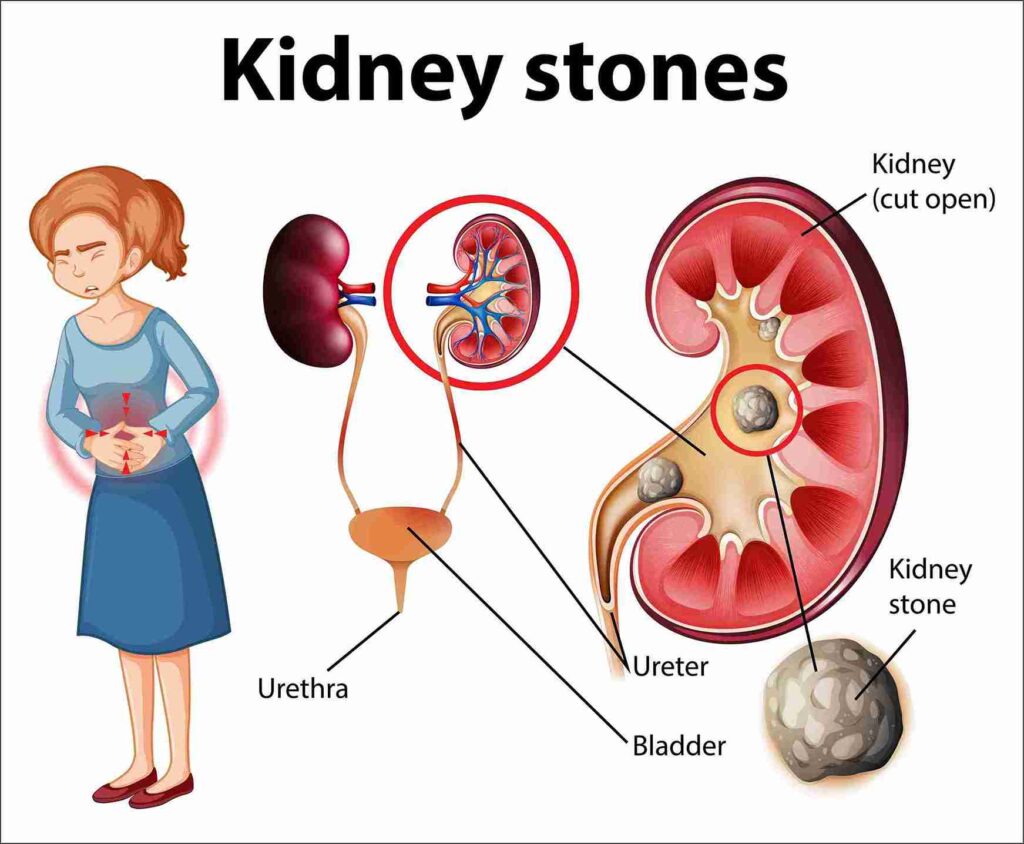
Many times, bladder calculi or stones may be too subtle. They occasionally go unnoticed and do not make any fuss about their actions. But still, more frequently, they are uncomfortable with the formation of the bladder. Using our warning lights demonstrates that something is wrong. Here’s a breakdown of the common symptoms that might indicate bladder calculi:
Burning and Stinging
This remains one of the most common forms of discomfort that patients present with to their physicians and can be described as painful urination or dysuria.
They observed that bladder calculi can present with dysuria, which is a painful sensation during urination. Crystals themselves can rub against the walls of your urinary system and cause some burning, as urine travels through the pipes.
Going More Often
There is a sudden hasty and speedy need to pass out urine which may or may not be in large amounts.
Bladder calculi might set a person on a rather frequent schedule to urinate even if only a small amount of the substance is passed through the urinary system. It can be annoying and invasive, disrupting the normal schedules and functioning of the day.
Red Flags
Hematuria is the presence of some amount of red blood cells in urine which may be either overt or microscopic.
Another common symptom that may be evident is blood in the urine known as hematuria which is indicative of bladder calculi.
Lower Belly Pain

The problem of bladder calculi causes pain in the lower abdomen or pelvis. This pain is chronic or episodic; it may be intense or mild, aggravated or dull.
Holding It In The patient may be able to pass urine but with great straining, taking a very long time, or passing a small volume of urine at a time.
In some situations, the stones forming in the bladder may hinder the passage of urine, and the affected person may not fully empty the bladder. This is a critical sign and ought to be taken to a medical facility as soon as possible.
If any of the above symptoms are in you, then it is wise to rush to a doctor for a checkup and further management. Certain factors can help avoid complications arising from bladder calculi, and these include early and thorough diagnosis and treatment.
Types of Bladder Calculi
Bladder calculi can be of various types; they are made up of chemically different substances. To assist your doctor in seeking the appropriate treatment for the stone, it is crucial to identify the kind of stone that you have. Here’s a look at the most common types of bladder calculi:
Calcium Champions: The most common people involved
Calcium oxalate stones: These types of bladder calculi are the most common of the three varieties. They appear when calcium dissolves in oxalate, which is present in some of the consumed products and is also created in the body.
Calcium phosphate stones: There are other types of stones, less frequent than calcium oxalate stones, and can occur in patients with some chronic diseases or taking some types of medications that significantly increase the concentration of calcium in the urine.
Uric Acid Troublemakers
Uric acid stones: They form when the concentration of uric acid in the urine is higher than solvents. When the body forms excess uric acid, as in the case of gout, or when large amounts of purines are consumed in the diet, uric acid is produced in greater quantities.
Struvite Surprise
Struvite stones: These stones are rare, and the majority are associated with a UTI that results from certain bacteria. This bacteria also secretes ammonia which is useful in the forming of struvite stone more especially.
It’s important to know the type of bladder calculi that one is dealing with to ensure the right procedures are administered. There are many types of kidney stones and your doctor can run other tests to determine the composition of the particular stone and the best way to address it.
Diagnosing Bladder Calculi

A certain level of discomfort may ensue from bladder calculi or bladder stones, which are calculi found in the bladder. But how do doctors determine whether you have them in your practice or not? Here’s a look at the diagnostic tools commonly used to identify bladder calculi:
Physical examination
To start, the doctor will usually inquire about any past illnesses as well as any signs of the illness present at the time of examination. Clinicians may also reach a physical assessment that involves palpating your lower abdomen to look for signs of enlarged bladder size.
Taking a Peek Inside: Color and Transparency tests
Urine analysis is one of the procedures used to ascertain the existence of bladder calculi- formations in the urine. This test can recognize blood, white blood cells that show infection, and also small stones.
Imaging Techniques
Imaging tests are better at offering one a view of the urinary tract and whether they have bladder calculi or where the calculi are situated. Here are some common options:
X-ray: An ordinary, nevertheless effective, urography can at times find out bladder calculi, and those inclusive of calcium.
Ultrasound: This is an ultrasound that does not involve using a probe to transmit sound waves on the abdomen part, to capture images of the bladder and other organs that may contain stones or blockages.
CT scan: CT scans acquire multiple images using X-rays and then reformat them to form cross-sectional pictures. It can be of particular use when trying to identify stones that are not easily identifiable on X-rays. These might be of smaller size.
Cystoscopy: In some instances, your doctor may want to have a look at the cystoscope, and he may suggest a cystoscopy. The procedure entails the use of a slender, illuminated tool called a cystoscope through the urethra to reach your bladder. The cystoscope helps the doctor to even see the lining of the bladder and the stones that may exist.
If these diagnostic tools are used together, then your doctor will be able to diagnose you with bladder calculi and form a treatment plan to make you better.
Treatment Options for Bladder Calculi
Getting a bladder calculus or what medical people refer to as the ‘blasting’ as a result of bladder stones can indeed be painful. Fortunately, it is possible to cure these invaders and leave your urinary tract plain and unsullied. Here’s a breakdown of the most common approaches: Here’s a breakdown of the most common approaches:
Lithotripsy
A common non-surgical procedure used in treating bladder calculi is lithotripsy, especially if your bladder calculi are small. This procedure employs sound waves to create an explosion of the stones and turn them into small pieces that can easily be passed out of your body via the urine.
Cystoscopy
In cases of slightly bigger stones or those that cannot be processed for lithotripsy, the best approach is to perform a cystoscopy and remove the stones. While carrying out this procedure, the doctor ensures they have placed a cystoscope in the bladder. Small forceps are then inserted through the working channel of the cystoscope to grip and take out the stone.
Traditional Surgery
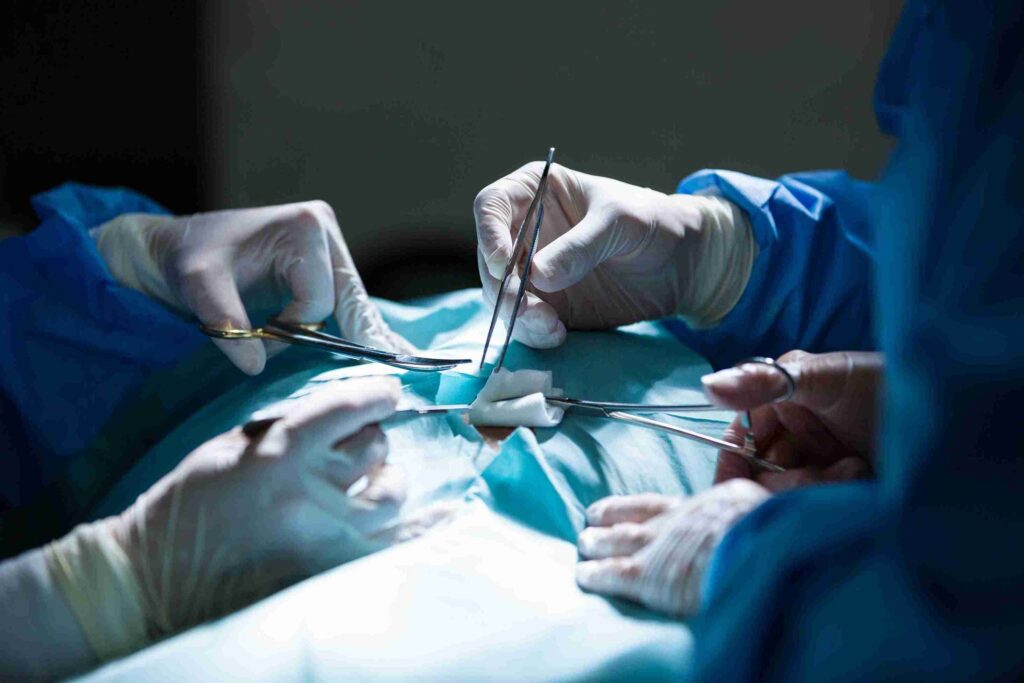
Laparoscopic nephrolithotomy is preferable in large or complex stones when standard endoscopic methods of stone removal have failed or are not feasible.
Only in some specific situations where the size of the bladder calculi is very big or its formation is complicated, open cystotomy may be used. The doctor must make an incision on the lower abdomen to perform direct surgery and remove the stone.
Management for the bladder calculi is not limited to milking out the stones. Your doctor will also attempt to find the root cause so that it can prevent the formation of further stones. This may include cholesterol-lowering diet and not taking specific types of foods, use of drugs that change the composition of the urine, and even treatment of the chronic illnesses that may be causing the problem.
Prevention Strategies for Bladder Calculi
Although Bladder calculi which are rather a painful process. The good news is that there are ways in which one can decrease his chances of having the lesions develop in the first place. Here are some key prevention strategies for bladder calculi:
Hydration Hero
Owing to their risk of causing bladder calculi, individuals must drink adequate fluids. when you have an optimal intake of water, then your urine will not concentrate, and the minerals cannot gather and form a stone. Hydration should be a goal and adults should try to drink approximately eight glasses of water or other fluids a day.
Mind Your Diet
There are specific foods that are associated with the likelihood of development of bladder calculi. If you’re prone to stones, talk to your doctor about limiting:
High-oxalate foods: Some foods, including spinach, nuts, and certain teas, contain high levels of oxalate, which can cause bladder calculi by inhibiting the absorption of calcium in the body.
Animal protein: One can have them in lesser quantities, thereby decreasing the chances of uric acid stone formation and lowering the level of uric acid in the body.
Medications for Prevention
On some occasions, your doctor will prescribe you drugs as a means of preventing the formation of bladder calculi. These medications have laxative effects on the urine hence reducing the likelihood of the formation of the stones.
Emptying Regularly
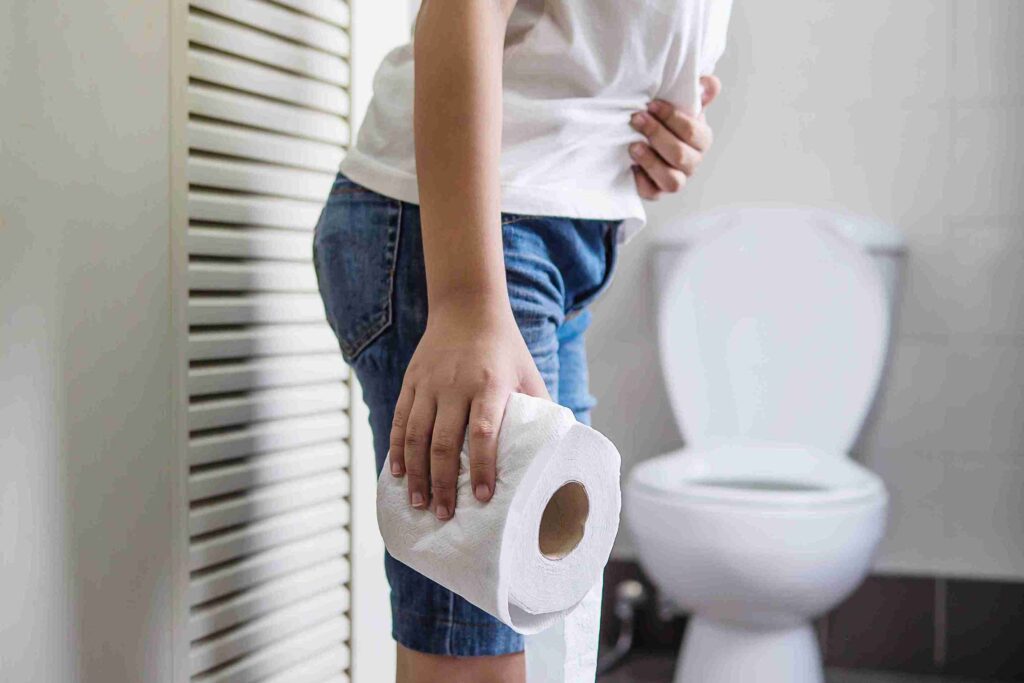
It happens to the best of us and the more aware we are, the better prepared we are to overcome it, then it becomes easier not to have that one big secret we’re holding in.
If you wait for long to empty the bladder then the urine may contain higher concentrations of certain minerals and hence results in the formation of stones. Always remember to pass your urine freely to avoid mistakes that could have occurred when your bladder was full.
Complications of Untreated Bladder Calculi
It is occasionally making blood that might look like it is a small problem, this is by referring to bladder calculi or bladder stones. However, if these signs are dismissed, they may end up having severe adverse effects in the future. Here’s why early diagnosis and treatment of bladder calculi are crucial:
Increased Pain and Discomfort
Bladder calculi if not treated continue to erode the lining of the bladder hence there will be continuous pain with SMR and a burning sensation when passing urine. This may manifest as a deep discomfort that interferes with your day-to-day activities.
Blockage and Urinary Retention
Further, the large bladder calculi may obstruct the flow of urine from the bladder. This blockage, known as urinary retention, may cause severe pain and, in some circumstances, kidney dysfunction, if left untreated.
Kidney Damage
In advanced stages, concretions become big and are capable of blocking bladder passage for years and it could harm the kidneys. You have the ability to filter waste from your blood through the organization of your kidneys. The potential damage that may occur can be hazardous to your health.
However, it is crucial to treat bladder calculi in the initial stage to avoid such complications and look for good urinary health. It is worthy of note that if you ever notice any of the symptoms of bladder calculi, you should go to your doctor for proper Diagnosis and treatment.
Frequently Asked Questions
What causes bladder calculi?
Several factors can contribute to bladder calculi formation. These include:
- Diet: Low fluid intake and a diet high in oxalate (spinach, nuts) can increase your risk.
- Medical conditions: Gout and UTIs can create an environment ripe for stone formation.
- Anatomy: An enlarged prostate or nerve damage can hinder complete bladder emptying, promoting stones.
2. How can I tell if I have bladder calculi?
Common symptoms of bladder calculi include:
- Painful urination (burning, stinging)
- Frequent urination (even if you don’t pass much)
- Blood in your urine
- Pain in your lower abdomen or pelvis
- Difficulty passing urine completely
3. How are bladder calculi diagnosed?
Doctors typically diagnose through a combination of methods:
- Medical history and physical exam: Discussing your symptoms and a physical check-up can provide initial clues.
- Urinalysis: Examining your urine for blood, white blood cells, or even tiny stones.
- Imaging tests: X-rays, ultrasounds, or CT scans can help visualize the bladder and any stones present.
4. How are bladder calculi treated?
Treatment for bladder calculi depends on the size and composition of the stones. Here are some common approaches:
- Lithotripsy: Uses shock waves to break up small stones for easier passing.
- Cystoscopy with stone removal: A minimally invasive procedure to remove slightly larger stones.
- Open surgery: In rare cases, necessary for very large or complex stones.
5. Can I prevent bladder calculi?
Absolutely! Here are some ways to reduce your risk:
- Drink plenty of fluids: Staying hydrated dilutes your urine and makes it harder for stones to form.
- Mind your diet: Limit oxalate-rich foods and consider reducing animal protein intake.
- Empty your bladder regularly: Don’t hold it in for long periods.
- Address underlying conditions: Manage any medical issues that contribute to stone formation.
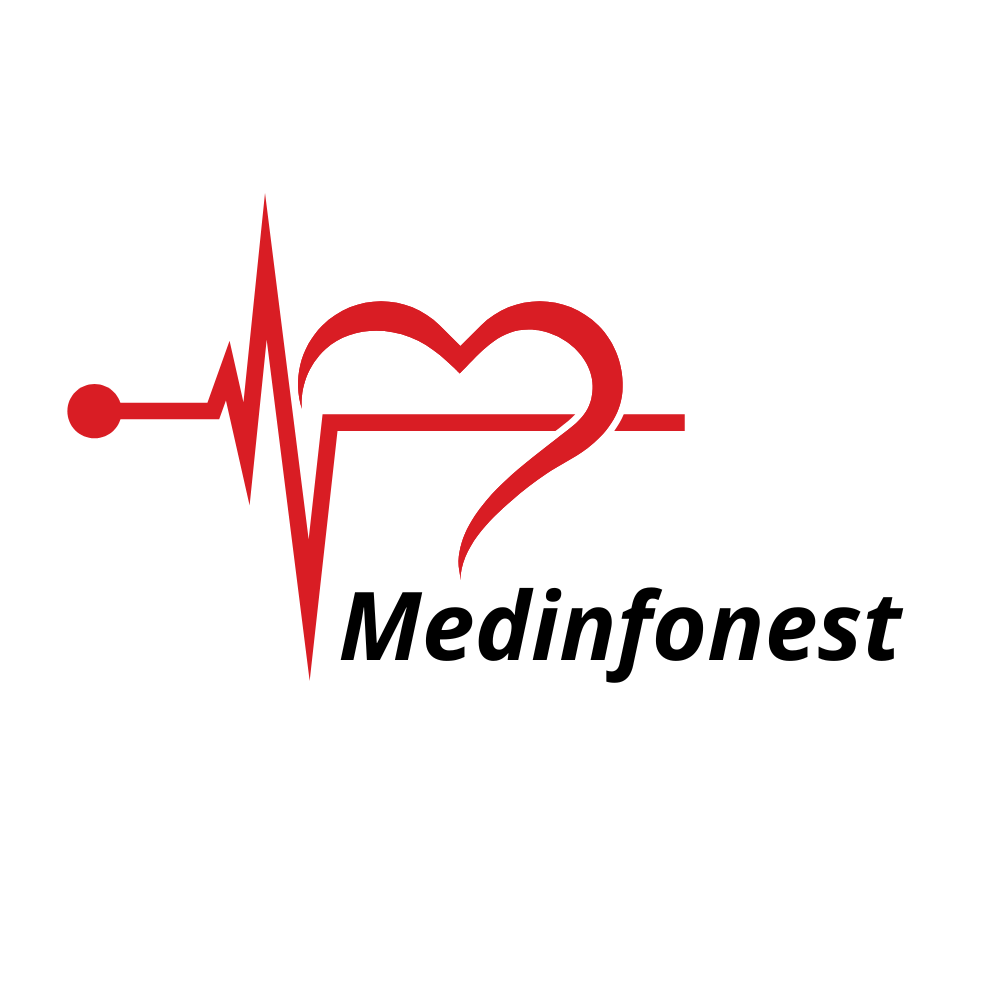

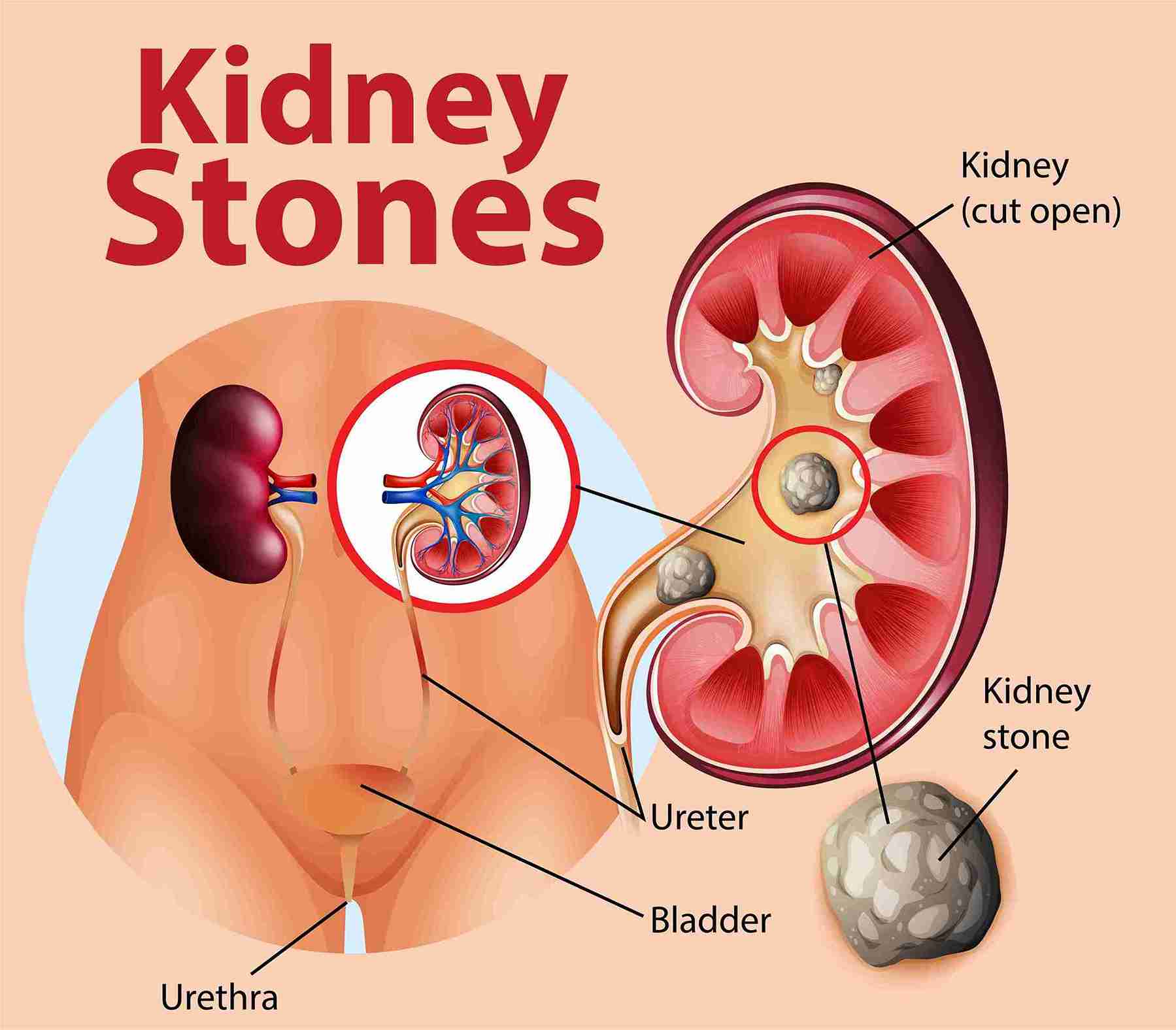








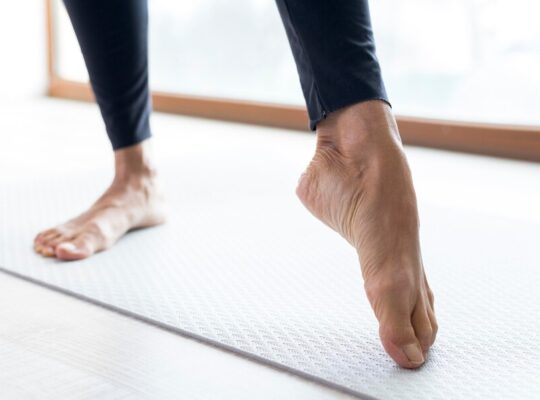

1 Comment